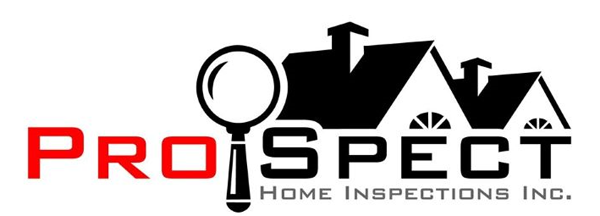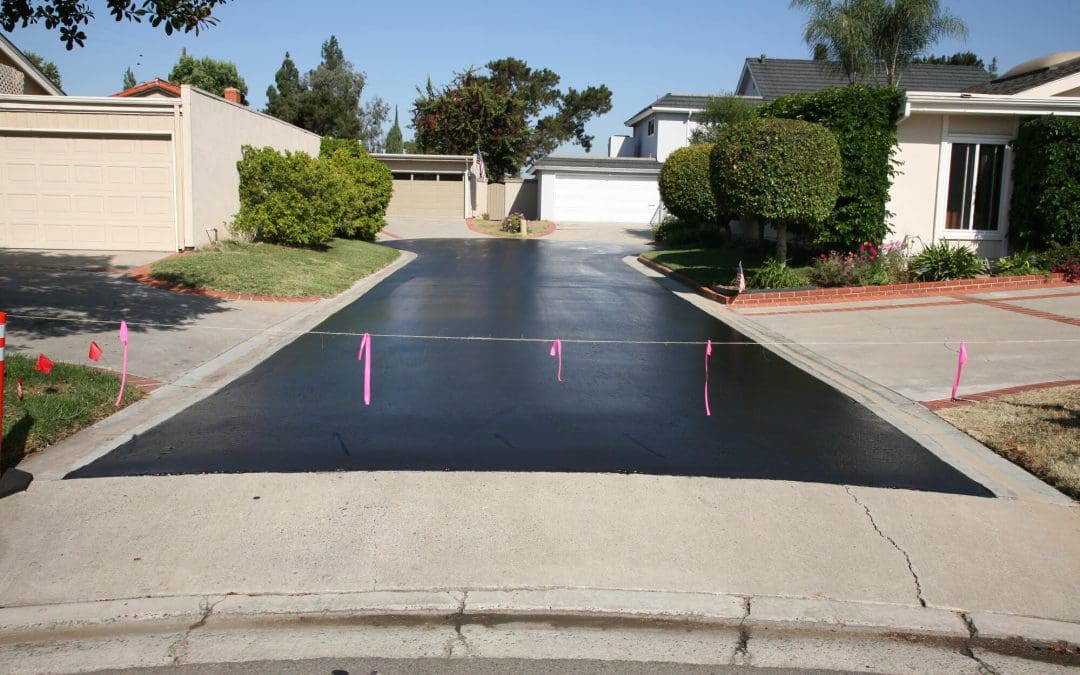Your driveway significantly affects your home’s curb appeal and functionality. However, wear and tear can cause issues like cracks, sinking, and drainage problems over time. Addressing these issues promptly improves your home and prevents more costly repairs down the road. Let’s explore common driveway problems, their causes, and how to fix them.
Cracks in the Driveway
Cracks are among the most frequent driveway issues homeowners encounter. They can result from shifting soil, heavy loads, or extreme weather fluctuations. While small cracks may seem harmless, they can expand over time, allowing water to seep in and causing further damage.
To fix minor cracks, start by cleaning out debris with a wire brush and pressure washer. Fill the crack with a high-quality asphalt or concrete filler and smooth it out with a putty knife. For larger cracks or extensive damage, hiring a professional to resurface the driveway may be the best option.
Potholes and Sunken Areas
Potholes and sinking can develop due to poor base preparation, water erosion, or soil settling beneath the driveway. Repairing potholes involves removing loose debris and filling the hole with patching material, compacting it layer by layer for stability. You may need to lift and recompact the foundation or add fresh asphalt or concrete to bring it back to level for sunken areas. A professional contractor can help ensure the repair is done correctly, especially for large sections.
Poor Drainage Driveway Problems
Water pooling on your driveway can lead to cracks, erosion, and long-term damage. Improper slope or inadequate drainage systems are often to blame.
Improving drainage requires assessing the slope of your driveway and ensuring water flows away from your home. You may need to install a trench drain or French drain to redirect water. If your driveway has a low spot, leveling it with fresh material can help prevent water from collecting.
Fading and Stains
Over time, driveways can fade due to UV exposure or become stained by oil, grease, and other substances. While this doesn’t impact functionality, it does affect appearance.
To address stains, use a degreaser or a mixture of water and dish soap to scrub the affected area. For stubborn stains, a pressure washer or specialized driveway cleaner can help. If the color has faded, resealing the driveway with a protective sealant can restore its look and protect it against future damage.
Weeds and Vegetation Driveway Problems
Weeds can grow through cracks and along the edges of your driveway, making it look unkempt and potentially worsening existing damage.
Remove the weeds and treat the area with a weed killer or natural alternative like vinegar to tackle this issue. Filling cracks with a sealant or filler will prevent weeds from taking root again.
When to Call a Professional
Some driveway problems are simple enough for a DIY fix, but others require professional expertise. Extensive cracks, severe sinking, or recurring drainage problems often indicate underlying issues that need a skilled touch. A home inspector or contractor can assess the situation and recommend the best course of action to ensure your driveway stays in top shape.
Frequently Asked Questions on Driveway Problems
How often should I seal my driveway?
Asphalt driveways should be sealed every two to three years, while concrete driveways may require sealing every three to five years. Regular sealing protects your driveway from weather damage and extends its lifespan.
Can I repair my driveway myself?
Minor cracks, potholes, and stains can often be fixed with DIY methods and readily available materials. For more significant issues, it’s wise to consult a professional to avoid improper repairs that may lead to further damage.
What is the best way to prevent driveway problems?
Routine maintenance is key. Keep your driveway clean, seal it regularly, and address minor cracks or drainage issues before they worsen. Ensuring proper installation and drainage during initial construction also helps prevent many common problems.
How much does driveway repair cost?
Repair costs vary based on the type of repair and the driveway material. Minor fixes like sealing or filling cracks can cost as little as $50–$200, while more extensive repairs may range from $500 to several thousand dollars.
How do I know if I need to replace my driveway?
If your driveway has extensive damage or recurring issues or has reached the end of its expected lifespan (15–30 years for asphalt and up to 50 years for concrete), replacement may be the most cost-effective solution.
Pro Spect Home Inspections offers inspection services in Citrus, Hernando, Polk, Pasco, Hillsborough, and Pinellas counties. Contact us to request an appointment.

